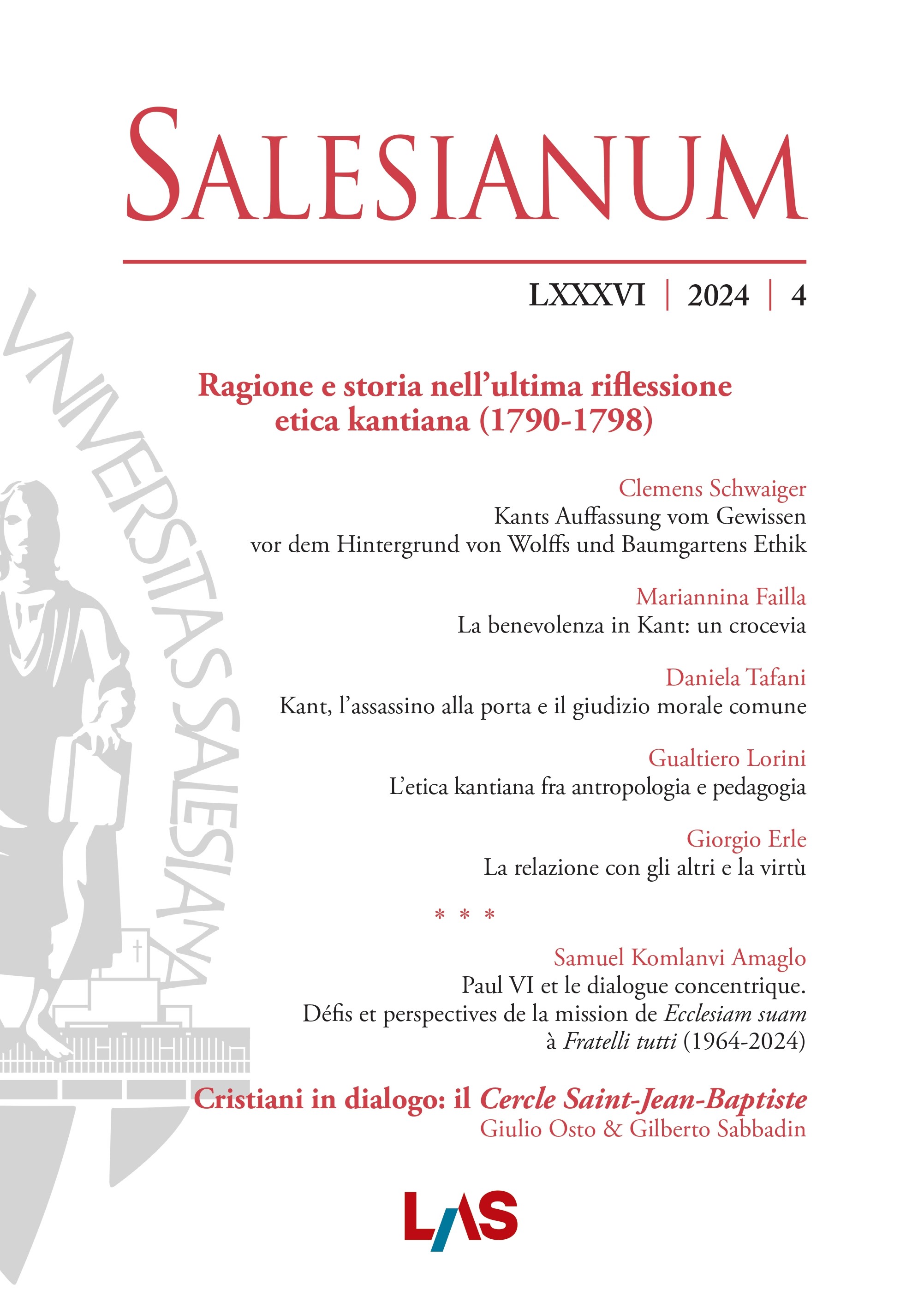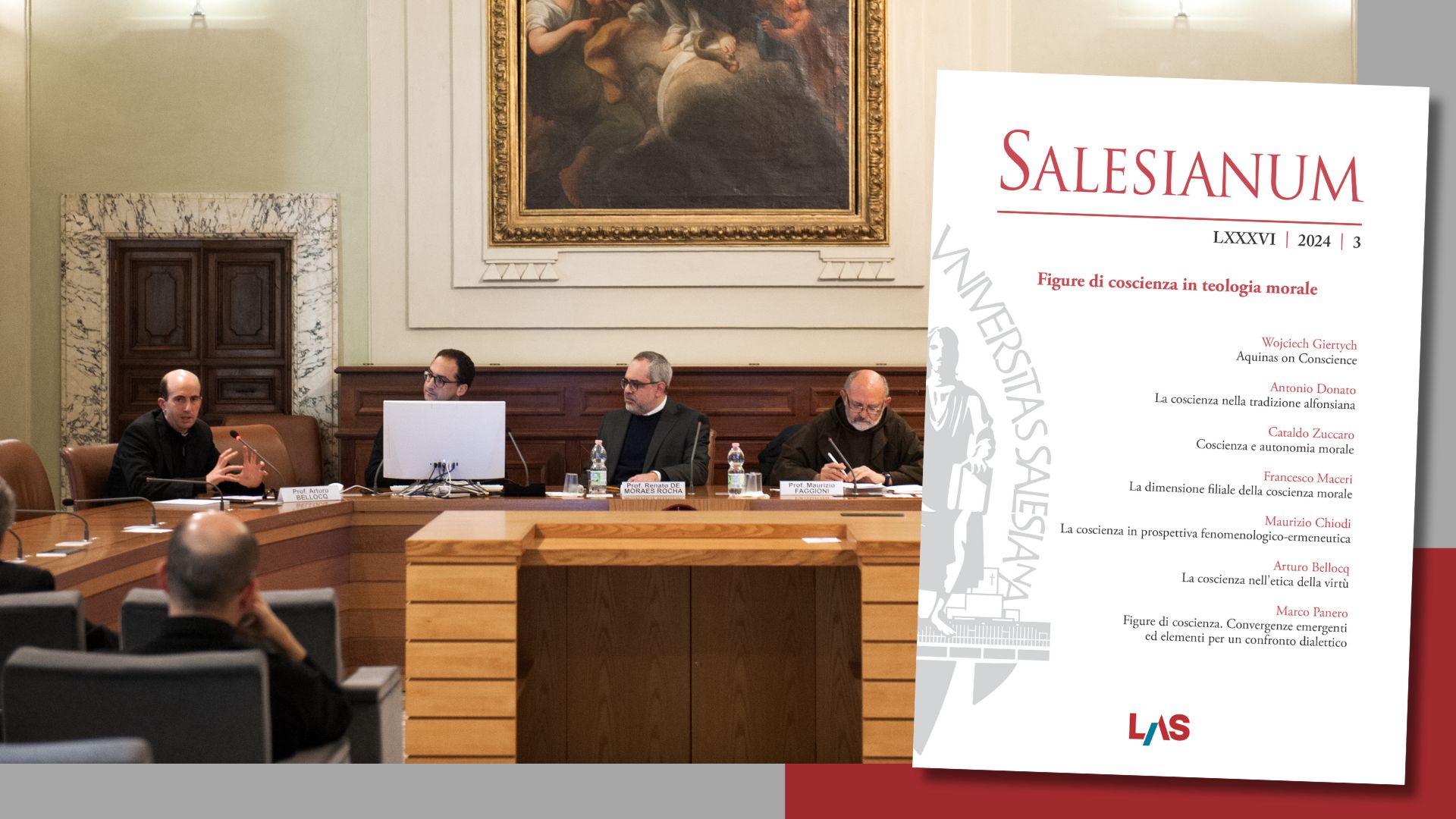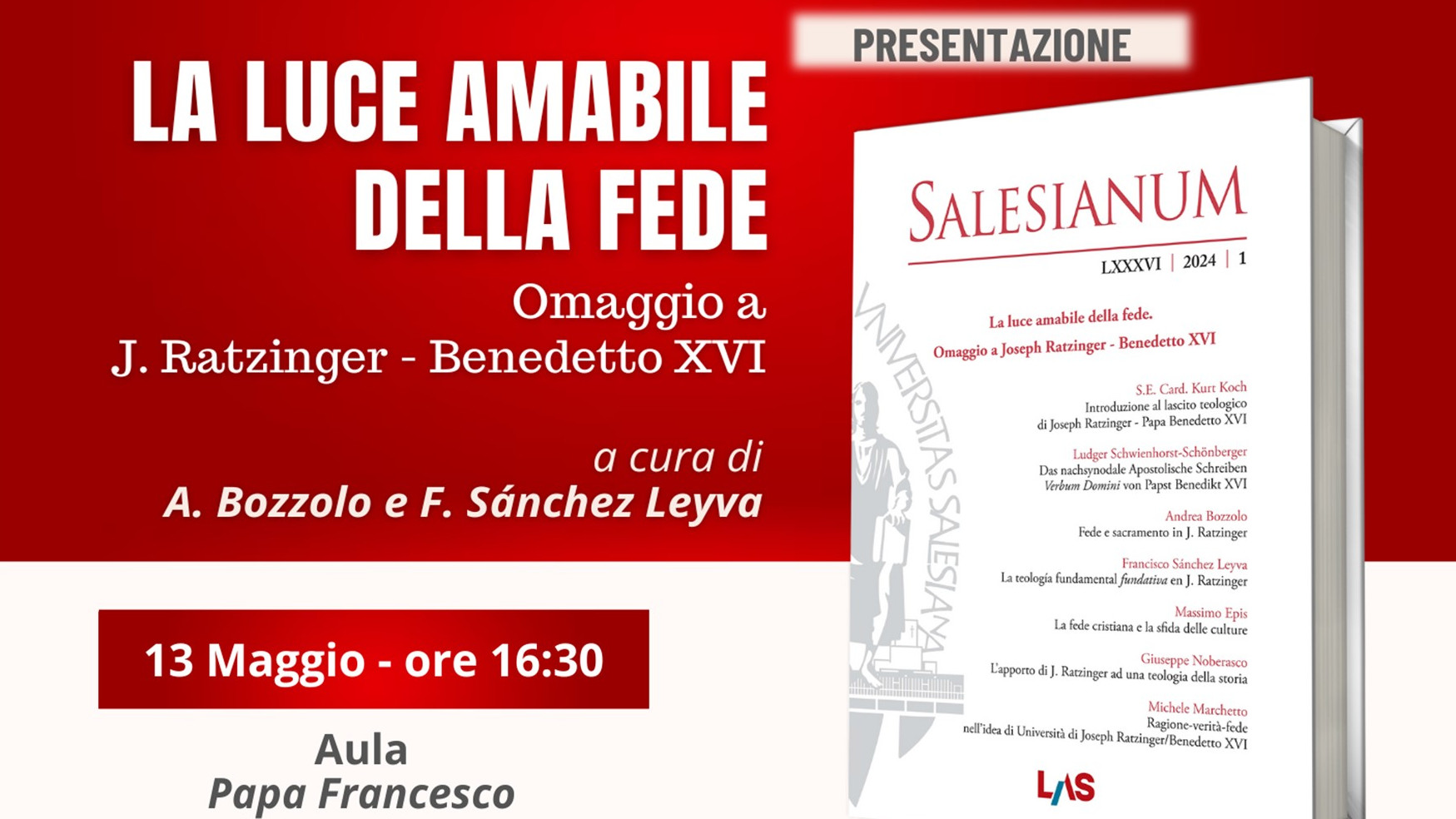Considerazioni sulla proposta catechistica del nuovo Direttorio. Punti consolidati, intuizioni da verificare e nuove prospettive
Salesianum vol. 82 (2020) n. 4, 842-871
Sezione: Studia
Sommario
Come valutare la competenza catechistica proposta dal Direttorio per la catechesi? Dopo aver ricordato i nodi irrisolti dello sviluppo catechetico del XX secolo e il quadro dei problemi aperti dalla pubblicazione del Direttorio generale per la catechesi (1997), l’articolo vuole offrire alcune considerazioni sulle prospettive offerte dal nuovo Direttorio (2020): l’analisi della situazione, la natura e finalità della catechesi, la proposta o modello organizzativo. Da una parte si rimane felicemente sorpresi dal fatto che il Direttorio praticamente citi tutte le formulazioni catechetiche del nostro tempo; anche quelle che il DGC aveva taciuto. Ma queste sembrano essere presentate in modo slegato le une dalle altre; in modo particolare l’articolo sottolinea come spesso le proposte non siano adeguatamente considerate sul piano epistemologico. L’autore conclude affermando che il documento sia troppo sbilanciato sul compito di tradere e poco sul recipere, cioè lo studio della natura spirituale e psico-sociale dell’atto di fede.
Abstract
How to “evaluate” the “catechetical competence” proposed by the “Directory for Catechesis”? After recalling the unresolved issues of the catechetical development of the twentieth century and the “framework of the problems” raised by the publication of the “General Directory for Catechesis” (1997), the article aims to offer some considerations on the perspectives offered by the new Directory (2020): the analysis of the situation, the nature and purpose of catechesis, the proposal or organizational model. On the one hand we are happily surprised by the fact that the Directory practically cites all the “catechetical formulations” of our times; even those that DGC had kept silent. But these seem to be presented in a detached way from each other; in particular, the article emphasizes how often the proposals are not adequately reflected on at the epistemological level. The author concludes by saying that the document is too inclined towards the task of “trader” than on that of “recipere”, that is, the study of the spiritual and psycho-social nature of the act of faith.


